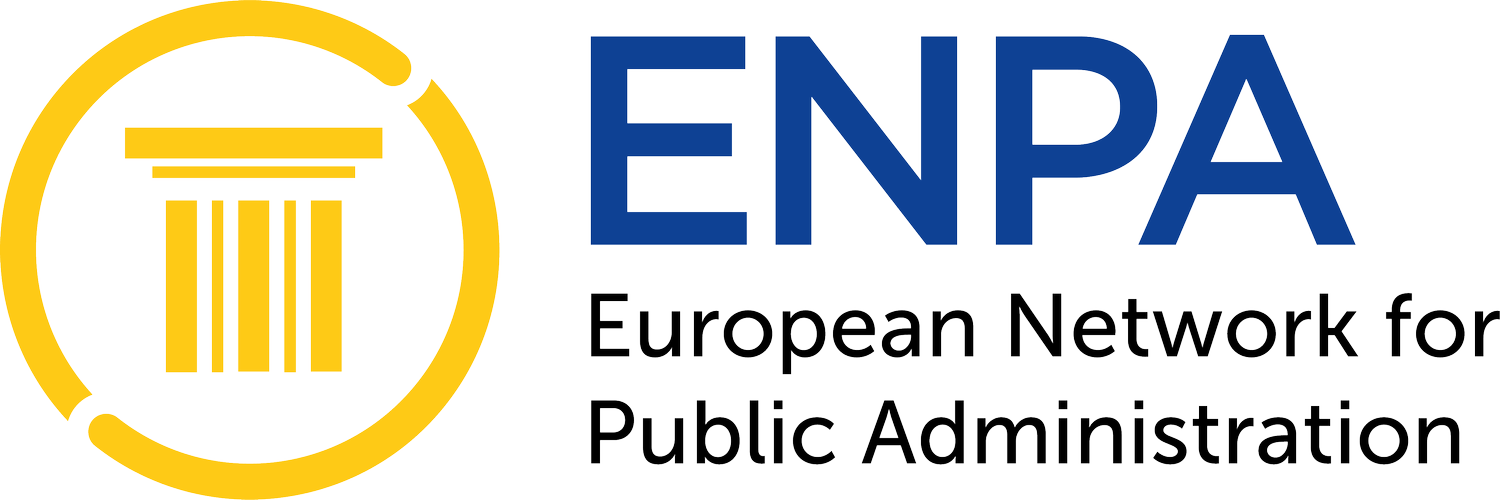Public Sector Organizations (PSOs)
Co-Chairs
Muiris MacCarthaigh
Centre for Public Policy and
Administration
Queen’s University Belfast, UK
m.maccarthaigh@qub.ac.uk
Lise H. Rykkja
Department of Government
University of Bergen, Norway
lise.rykkja@uib.no
Marlene Jugl
Department of Social and Political
Sciences
Bocconi University, Italy
marlene.jugl@unibocconi.it
Lars Brummel
Institute of Public Administration
Leiden University, The Netherlands
l.brummel@fgga.leidenuniv.nl
The Research Group on Public Sector Organizations is concerned with studying and understanding the structure, role and challenges faced by public sector organizations (PSOs), as well as their contribution to the policy process. This includes such issues as functional specialization and coordination, capacity and legitimacy, governance and accountability, and the role of changing technologies. The Research Group also welcomes members who are interested in the organizational environments in which PSOs work, including the influence of political- administrative relationships, as well as how contextual issues such as political and economic change (including crises) affect the work and performance of PSOs, and the importance of trust and reputation. In pursuing greater understanding of PSOs, we also seek to employ new theories, concepts and methods, and are particularly interested in cross- national comparative work.
Public Sector Organizations: Taking Stock and Advancing New Frontiers
The new ENPA Research Group on Public Sector Organizations is concerned with advancing scientific understanding of the structure, role and challenges faced by public sector organizations (PSOs), as well as their contribution to the policy process. At this Inaugural ENPA conference, we wish to take stock of PSO research, consider the ‘state of the art’, and to set out a research agenda for building on the work that has been achieved to date.
In addressing this challenge, we speak to traditional organisational concerns around modes of specialization and coordination, capacity and legitimacy, and governance and accountability, as well as how wider political, economic and cultural contexts influence the performance of PSOs. We also welcome work on crisis management, trust and reputation in respect of how they affect and are in turn influenced by PSOs, and the role played by organisational environments and political- administrative relationships. And of course, in the context of increased encodification of public services in algorithms, we wish to also explore the role of AI and technology on PSOs and their work.
Papers can be theoretical or empirical, descriptive or explanatory. They should have a clear conceptual and theoretical basis and meet high methodological standards. Papers that examine the above issues comparatively across time, countries, levels of government, or policy sectors, are particularly encouraged. Researchers and practitioners from public administration and management, organization studies, political science, public policy and related disciplines, from Europe and beyond, are invited to contribute.
Practicalities
Practical information on the ENPA 2026 conference in Bucharest will be made available here: https://www.enpaeurope.com/events
Please submit a short abstract through the conference management system (max. 400 words, doc(x) or pdf format) outlining: the title of the paper; a short description of the contents of the paper; the theoretical framework and research method of your contribution; the empirical material to be used; and name, affiliation, and contact information of the author(s). Papers will be made available on the conference website. Paper presenters will be expected to prepare a short presentation and to act as a discussant for another paper in the sessions.
